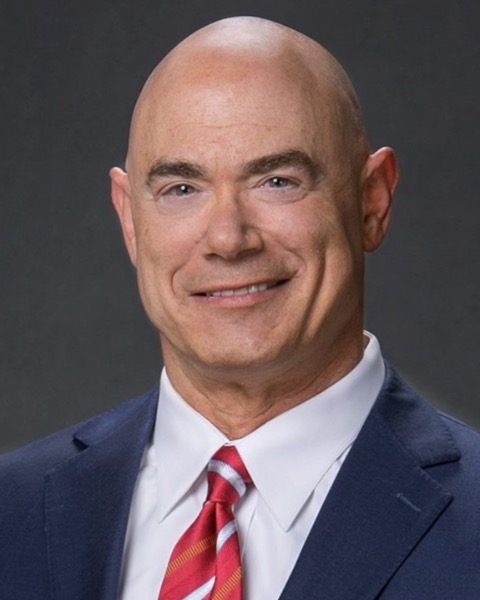Back
Following a general introduction to the economics of clinical practice and various practice models (e.g. private group practice, academic and non-academic health system employment, and private equity funded), the specifics of various compensation arrangements, bonuses, benefits and other aspects of total compensation will be reviewed in detail. Indirect aspects of compensation models including topics such as funding and use of advanced practitioners in a practice, and expense structures will also be discussed. Breakout sessions will allow individualized discussions appropriate to practice setting (Academic, Health System Employed, Independent Group Practice).
The target audience includes residents, fellows, young urologists and established physicians considering future employment opportunities. This course may also be of interest to Advanced Practice Providers and physician/non-physician managers of urologic practices.
The Economics of Healthcare: Understanding Physician Compensation
Wrap-up/Course Adjourns
Thursday, May 12, 2022
5:00 PM
Location: Room 353-355
- JM
John D. McConnell, MD
Professor of Urology
Wake Forest School of Medicine 
Kenneth A. Berger, MD,JD
Washington State University, Elson F. Floyd College of Medicine
Course Director(s)
Learning Objectives:
- Explain the general economics of healthcare, specifically how dollars flow from governmental and non-governmental payers directly and indirectly (through health systems) and then directly and indirectly to physician compensation.
- Summarize the basic differences, advantages, and disadvantages of various practice models including private group practice, academic and non-academic employed, and private equity funded.
- Determine how physicians can influence their own compensation within each practice model.
- Distinguish important aspects of employment agreements and discern what, when, and how to negotiate.
- Identify how to increase an individual’s influence within a group or employer by demonstrating value added and how to address general resource issues that affect productivity (e.g. advanced practitioners, centrally employed staff and equipment).
The target audience includes residents, fellows, young urologists and established physicians considering future employment opportunities. This course may also be of interest to Advanced Practice Providers and physician/non-physician managers of urologic practices.

.jpg)
.jpg)